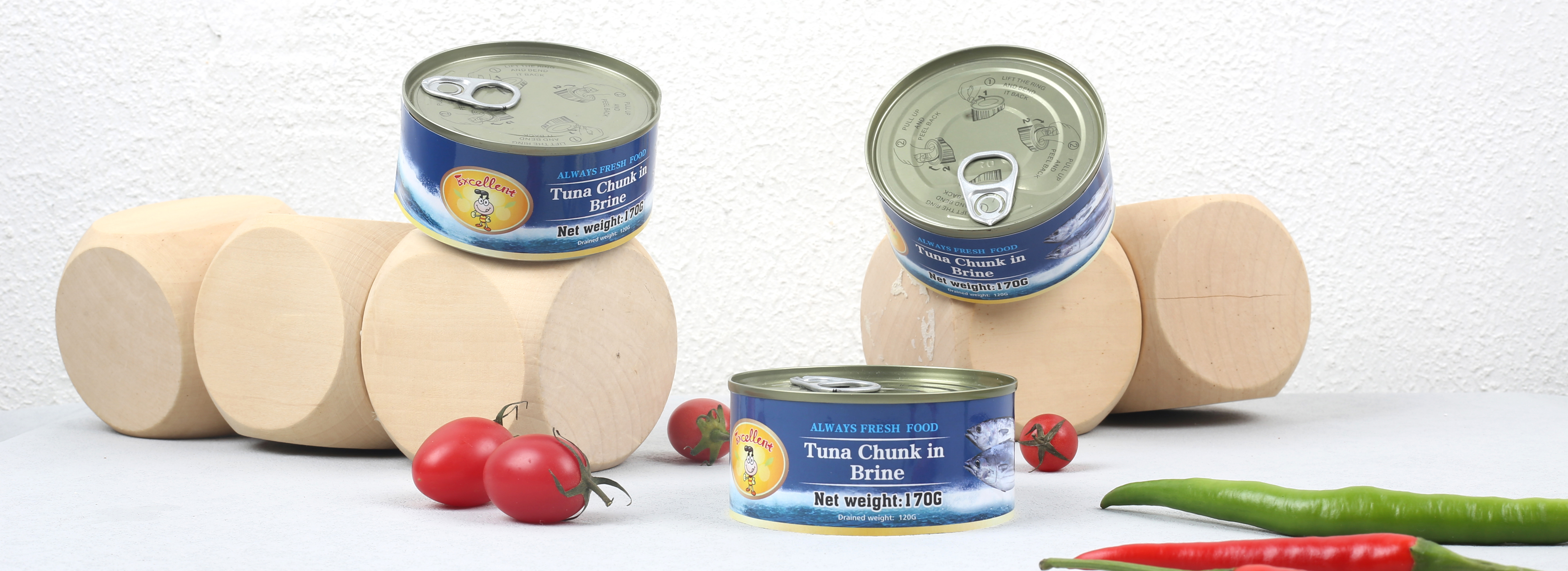In the global marketplaces of today, the canned product industry has emerged as a vibrant and critical part of the foreign trade domain. Offering convenience, durability, and longer shelf life, canned products have become a staple in households across the world. However, to understand the present status of this industry, we must delve deeper into its dynamics and explore the challenges and opportunities it faces.
1. The rise of the canned product industry:
Over the past few decades, the canned product industry has witnessed significant growth, driven by evolving consumer lifestyles, increasing urbanization, and shifting dietary preferences. The ability to preserve various food items while retaining their nutritional value has propelled the popularity of canned products globally. From canned vegetables and fruits to seafood and meats, the industry has expanded to cater to diverse consumer demands.
2. The impact of foreign trade on the industry:
Foreign trade plays a pivotal role in shaping the canned product industry. It enables access to a wider range of markets, facilitates the exchange of products, and encourages technology transfer and innovation. The global nature of the canned product business has allowed consumers to enjoy culinary delights from different corners of the world without compromising on taste and quality.
3. The challenges faced by the industry:
Despite its growth and prominence, the canned product foreign trade industry encounters several challenges. One such challenge is the negative perception associated with canned products, primarily due to concerns about additives, preservatives, and health issues. To counter this, manufacturers have been focusing on developing healthier alternatives, introducing organic options, and promoting transparent labeling to regain consumer trust.
Another significant challenge is the increasing emphasis on sustainability. The industry is under pressure to reduce its environmental impact, from both the production and the packaging perspective. Manufacturers are exploring eco-friendly solutions such as recyclable materials and energy-efficient processes to address these concerns.
4. Opportunities and future prospects:
While challenges persist, the canned product foreign trade industry also presents promising opportunities. Growing awareness of the nutritional benefits and convenience of canned products in developing nations has opened up untapped markets. Moreover, technological advancements in food processing techniques and canning methods have improved product quality and extended shelf life, further enhancing the industry’s prospects.
The COVID-19 pandemic has also highlighted the significance of the canned product industry. As people struggled to procure fresh produce during lockdowns, canned goods served as a reliable alternative, ensuring food security and minimal wastage. This crisis has demonstrated the industry’s resilience and the role it plays in maintaining stable supply chains.
Conclusion:
The canned product foreign trade industry is undergoing a transformation, adapting to changing consumer preferences, and embracing sustainability. While challenges such as negative perception and environmental impact persist, the industry remains poised for growth. As demand for convenient, nutritious, and readily available food increases, the canned product industry will continue to be a vital player in the global market, shaping the way we consume and trade food.
Post time: Jul-14-2023
